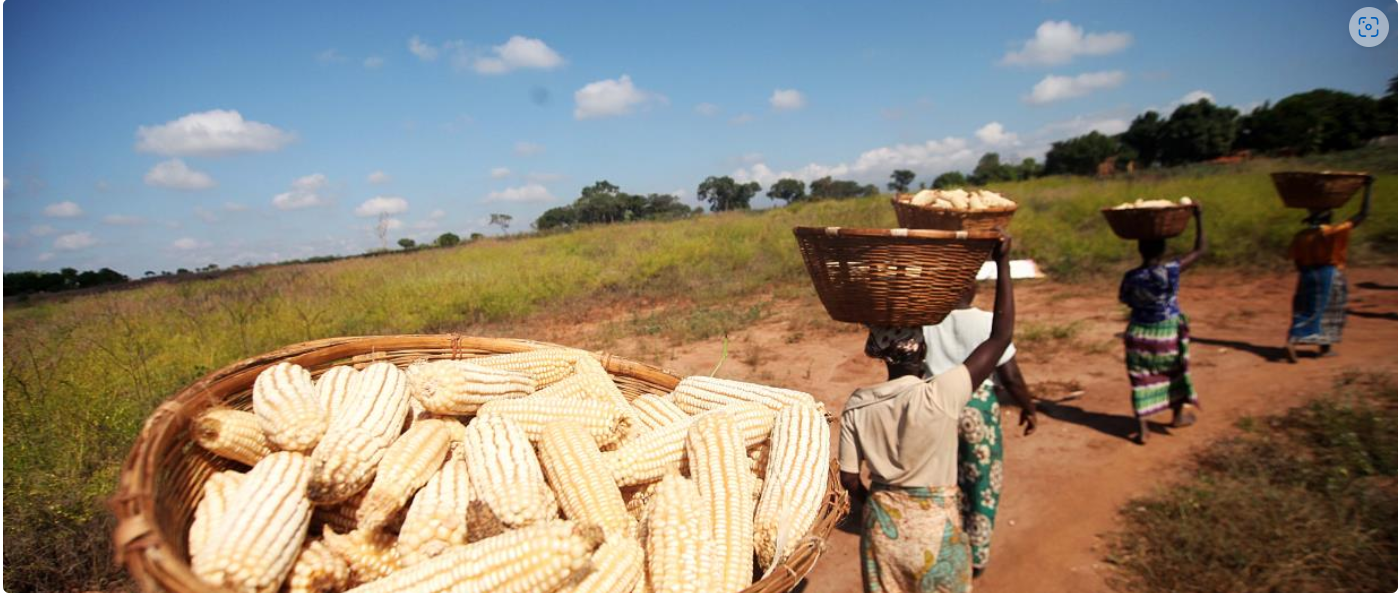By Joke Kujenya
A RECENT study has sounded a dire warning about the future of global food production, with significant implications for staple crops like grapes durum, wheat and maize as noted by a report published by the Africa’s agricultural and environmental crisis in the Lost Crops of Africa: Volume I.
According to the study, conducted by leading experts, as much as 70 percent of grape-growing regions, including renowned areas in Spain, Italy, Greece and southern California, could become unsuitable for cultivation in the near future.
This alarming trend isn’t limited to grapes alone.
Two years ago, a study published in a prominent journal revealed that nearly half of the areas ideal for rainfed durum wheat cultivation may face similar challenges by the end of the century, with regions in Russia, central and western Europe and northern America expected to be impacted.
The situation is equally concerning for maize-growing regions, where rising temperatures pose a significant threat to yields.
Experts estimate that under a global warning scenario of two degrees Celsius, maize production could decline by over 10 percent worldwide, with adverse effects on market prices and food security, especially in vulnerable regions.
The study notes that the consequences of climate change extend beyond these staple crops, affecting rice, bananas, beans and other vital food sources.
Rising temperatures and shifting rainfall patterns are making traditional growing regions increasingly unsuitable, jeopardizing the livelihoods of millions, particularly in the global south.
Despite these challenges, there is hope for adaptation. While the changing climate may render current practices unsuitable, innovative strategies can help farmers navigate the impacts.
For example, adjusting planting dates, adopting new crop varieties, and implementing more efficient irrigation techniques are said to be crucial steps towards building resilience in the face of environmental uncertainty.
According to the study, it is clear that urgent action is needed to safeguard global food security.
Governments, policymakers, and agricultural stakeholders must work together to develop and implement adaptive measures that enable farmers to thrive in a changing climate.
By embracing innovation and resilience, we can ensure a sustainable future for food production and protect the well-being of communities worldwide, the study suggests.





